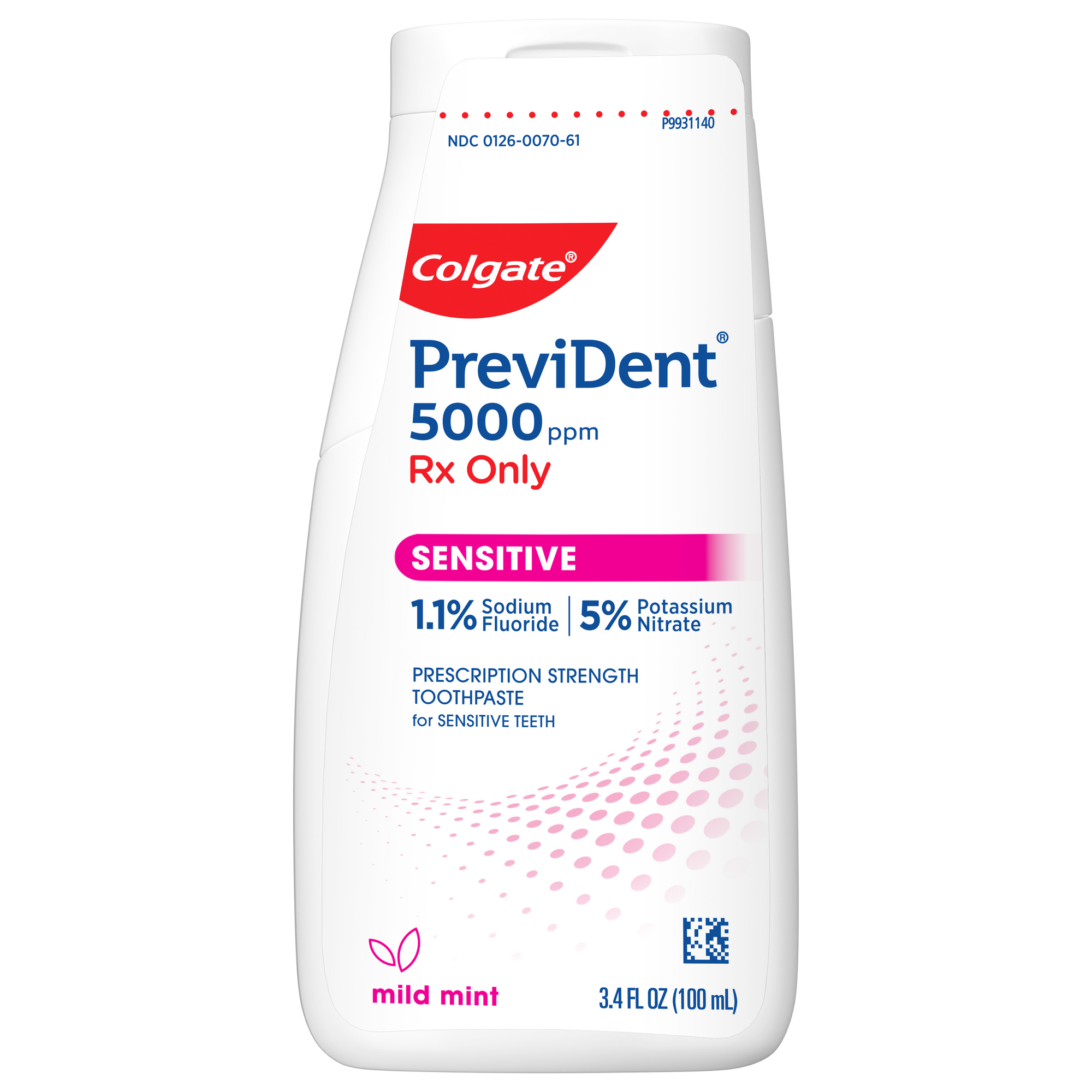For example, before filling a cavity or performing an extraction, your dentist will prepare the tooth area for a local anesthetic injection by drying it with air from a tube. Or they might use cotton rolls to absorb the saliva. While the dentist works, the dental hygienist may also hold a soft plastic tube in your mouth that sucks away excess moisture.
That's all normal, although it can cause your mouth to feel dry for a short time after the treatment is over. So that’s nothing to worry about there. However, if the dry mouth condition persists, it may be time to consult your dentist.
Dry Mouth After Anesthesia
General anesthesia can result in some mild side effects, including dry mouth. The Cleveland Clinic explains that after waking up from a surgical operation, you may notice your mouth is dry and your throat feels sore. Here again, these effects should last only a few hours. But if they persist, check in with your doctor.
How Common Is Dry Mouth?
According to a study by the National Institute of Health published on Community Dentistry and Oral Epidemiology, the occurrence of dry mouth in adults has ranged from 10% among persons over age 50 to 40% for persons over age 65.
Overall, the observed prevalence of dry mouth was 24% among females and 18% among males. While dry mouth was more commonly observed in women than men, this association was only clear after age 50.
What Problems Can It Lead To?
Persistent dry mouth can put you at risk for tooth decay and other oral health problems.
According to a study published by the Journal of American Dental Association (ADA) reduced salivary flow can cause difficulties in tasting, chewing, swallowing, and speaking. It can also increase the chance of developing dental decay, tooth sensitivity, and oral infections – not to mention bad breath.
Long-Term Dry Mouth
Occasionally, dry mouth continues long after surgery. Cancer patients are especially likely to develop dry mouth as a result of their radiation therapy. The glands that make saliva can become irritated or damaged and make less saliva, which can also lead to dry mouth, as the American Cancer Society explains.
Dry Mouth Treatment
Dry mouth after surgery increases your risk of dental problems, so it's important to treat it, even if you think it's temporary. For starters, brush your teeth twice a day with toothpaste to protect your teeth.
Additional steps you'll want to take include:
- Avoid smoking, drinking alcohol, caffeinated beverages, and spicy foods, as all of them dry out your mouth.
- Increase your saliva flow by sucking on hard sugarless candy or chewing sugarless gum.
- Take regular sips of water throughout the day.
Also, try breathing through your nose and not your mouth. Mouth breathing can dry up the saliva you produce.
If you have surgery that affects your saliva production, your healthcare team can advise you on how to treat long-term dry mouth. And if the condition persists, be sure to tell your dentist about it so they can recommend an artificial saliva spray, medications, or other treatments that can help supplement your saliva.
Dry mouth is a common post-surgery occurrence, and fortunately, there are a lot of things you can do to treat it.
Oral Care Center articles are reviewed by an oral health medical professional. This information is for educational purposes only. This content is not intended to be a substitute for professional medical advice, diagnosis or treatment. Always seek the advice of your dentist, physician or other qualified healthcare provider.
ORAL HEALTH QUIZ
What's behind your smile?
Take our Oral Health assessment to get the most from your oral care routine
ORAL HEALTH QUIZ
What's behind your smile?
Take our Oral Health assessment to get the most from your oral care routine





.jpeg)








